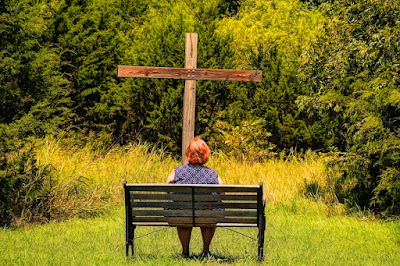Art Rainer joins Thom to unpack some amazing research that can help you know how to lead your church members to higher levels of giving. You will be amazed how a few simple things can move your church toward greater stewardship.
Jimmy Carter embodied what Trump has never been able to grasp about Christianity
It’d be difficult to find a starker difference in how a president wields religion than the juxtaposition of Jimmy Carter and President-elect Donald Trump.
Also See: Jimmy Carter Constantly Put His Faith in ActionWhat's the Recipe for Loneliness?
Is it lack of religion? Little education? A low income?
How banning Christmas in Scotland helped to create Hogmanay
A ban on Christmas in Scotland led to the development of Hogmanay. This is the story....
Creativity Deepens Connection in Colorado Springs
In Colorado Springs, the people of St. Michael’s Episcopal Church strive to make Christ known through care, cr3 Things Pastors Should Stop Doing in 2025eativity, and communion.
3 Things Pastors Should Stop Doing in 2025
...sometimes, becoming the leader God created you to be requires you to focus on what you’re going to stop doing rather than what you plan to start. Here are three things pastors should strive to stop doing in 2025.
Youth Group Leader Mistakes and How To Prevent (or Solve) Them
Youth group leader mistakes happen to everyone. Thankfully, these missteps and stumbles also lead to growth. Whether you’re just entering youth ministry or are a seasoned veteran, keep these common pitfalls in mind. Also learn from the well-earned wisdom of mentors and ministry peers.
Single-minded hospitality: a practical guide to entertaining on your own
...practical tips for entertaining as someone living on their own or with housemates....
Also See: A Gospel-driven mamma’s view on hospitalityIs Sharing the Gospel on Social Media Still Worth It?
You can reach both the neighborhoods and nations on social media.
























